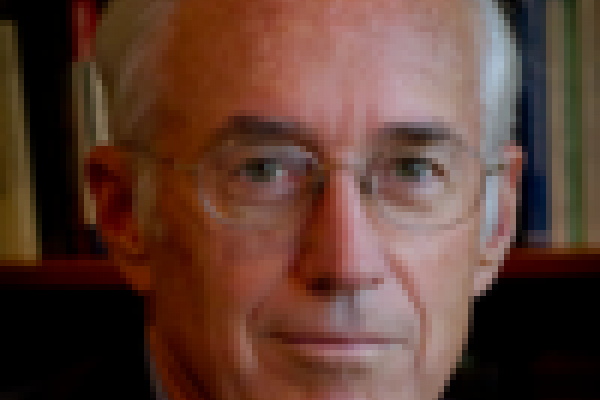
Robert C. Gregg is a Professor in Religious Studies, Emeritus, at Stanford University. His studies focus on historical belief systems, with special attention to the competition of religions in the late Roman-early medieval Mediterranean and Levant.
Professor Gregg’s most recent book, Shared Stories, Rival Tellings: Early Encounters of Jews, Christians and Muslims, examines how the three religions’ scripture interpreters developed, to further their particular causes, distinct and different understandings of five narratives present in the two Bibles and the Qur’an.
The stories are those of Cain and Abel, Sarah and Hagar, Joseph and Potiphar’s wife, Jonah and the whale, and Mary, the mother of Jesus. Debates over the meanings of these sacred stories reveal much about first Jewish, Christian, and Muslim interactions—spirited and combative as they often were—and also hold implications for contemporary relations between the three “Abrahamic” communities, and for religious conflicts, generally.
